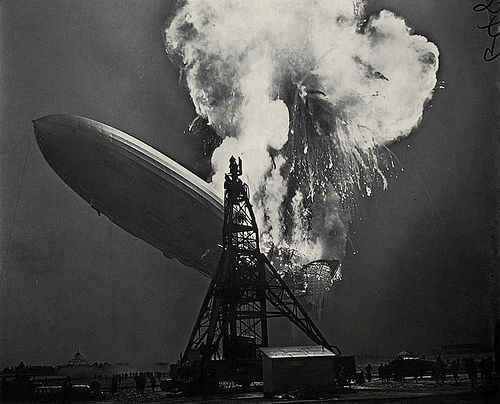There have always been bad students. Here’s what kids were writing on English exams 150 years ago:
- ABORIGINES, a system of mountains.
- ALIAS, a good man in the Bible.
- AMENABLE, anything that is mean.
- AMMONIA, the food of the gods.
- ASSIDUITY, state of being an acid.
- AURIFEROUS, pertaining to an orifice.
- CORNIFEROUS, rocks in which fossil corn is found.
- EMOLUMENT, a headstone to a grave.
- EQUESTRIAN, one who asks questions.
- EUCHARIST, one who plays euchre.
- FRANCHISE, anything belonging to the French.
- IDOLATER, a very idle person.
- IPECAC, a man who likes a good dinner.
- IRRIGATE, to make fun of.
- MENDACIOUS, what can be mended.
- MERCENARY, one who feels for another.
- PARASITE, a kind of umbrella.
- PARASITE, the murder of an infant.
- PUBLICAN, a man who does his prayers in public.
- TENACIOUS, ten acres of land.
- REPUBLICAN, a sinner mentioned in the Bible.
- PLAGIARIST, a writer of plays.
— From Mark Twain, “English as She Is Taught: Being Genuine Answers to Examination Questions in Our Public Schools,” 1887




